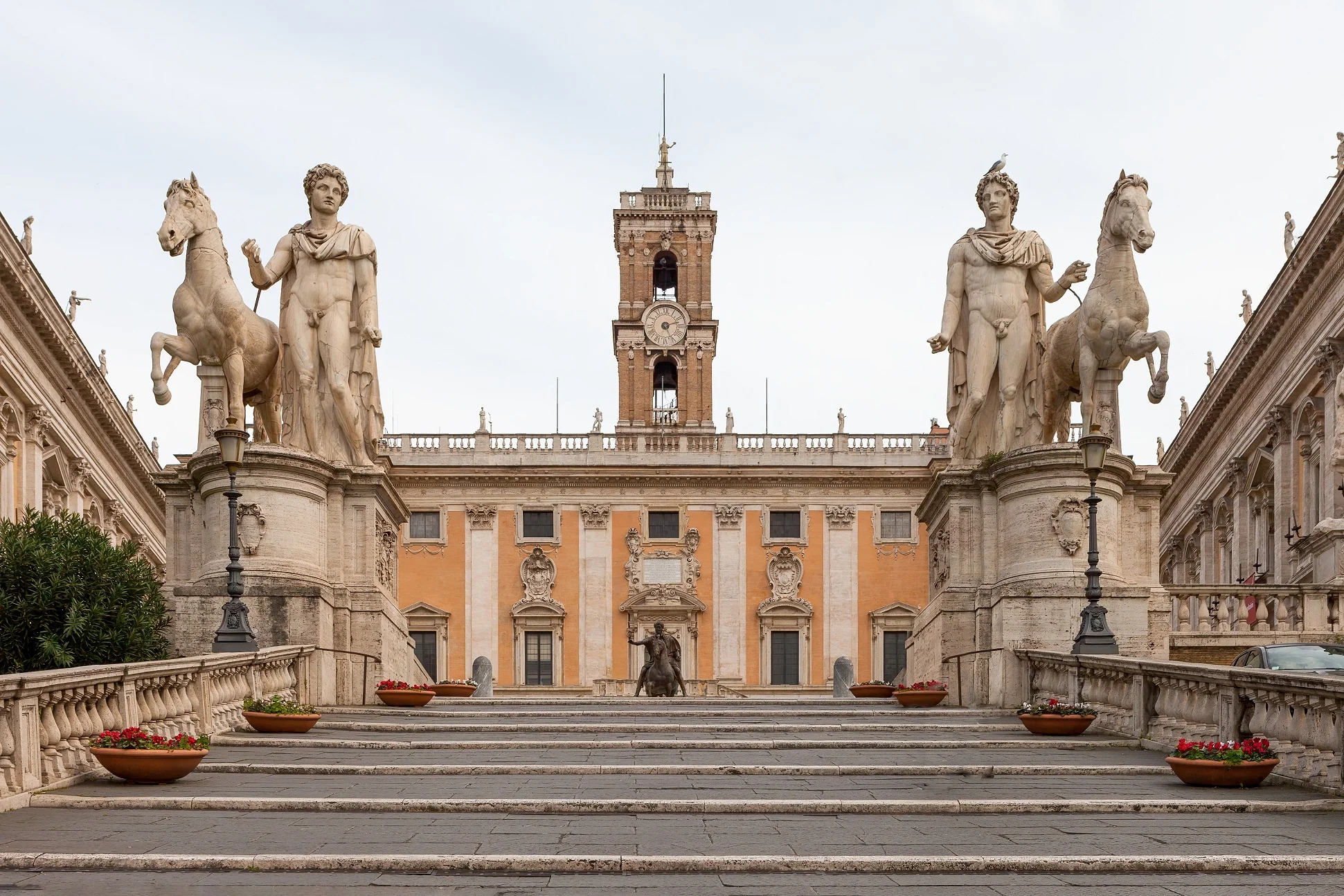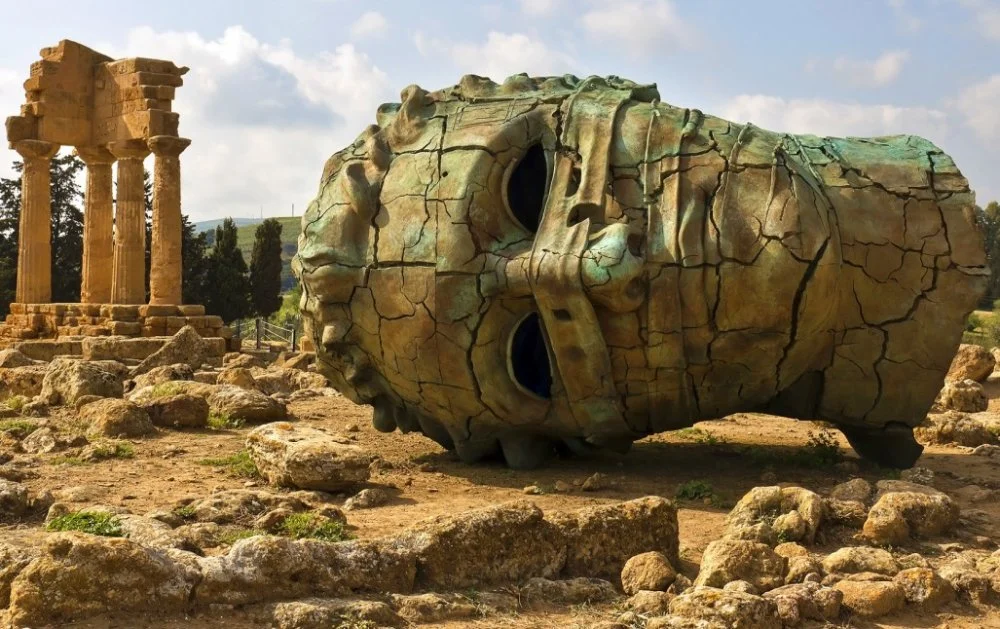The Divine Twins

Cordonata Capitolina. Statues of the Dioscurus. Piazza del Campidoglio on the Capitoline or Capitoline Hill in Rome, Italy/Shutterstock
For people who still have a limited understanding of how the world works, it is easier to survive by strictly adhering to well-established rules of life, holding onto traditions passed down by their parents and the fragmentary knowledge accumulated by their tribe. Therefore, when something familiar and comprehensible suddenly deviated from the norm, it evoked greater fear than completely unknown and mysterious phenomena of the "greater world." The birth of twins, for example, turned otherwise ordinary childbirth into an event that evoked fear, awe, and astonishment.
Twins were perceived as a kind of messengers from the world of spirits (to which practically everything beyond the native settlement and the familiar order was attributed thousands of years ago). And if one baby was ritually impure and dangerous, like an envoy from god only knows where, you can imagine the effect when a woman gave birth to two babies... Some cultures even believed that in such a pair, one of the children was conceived not by the woman's husband but by a god. The Greeks were exactly as such; their mythology is full of divine pairs: Heracles and Iphicles, Polydeuces and Castor, Helen and Clytemnestra. The divine twin is immortal, mighty, and magnificent, while the earthly twin is merely a weak mortal reflection.
Other cultures believed that gods themselves often exist as twin pairs. The Egyptians had Osiris and Isis as twins, the Indians had the divine twin Ashvins riders, the Japanese had Izanami and Izanagi, and the Persians had twin adversaries Ahura Mazda and Ahura Mainyu (found as Ormazd and Ahriman in other sources).
In his "The Golden Bough," ethnographer J. Frazer writes, "A widespread belief holds that twins possess magical power over nature, especially over rain and weather in general. This curious superstition exists among certain tribes in British Columbia. It often prompts the indigenous people to impose special restrictions or taboos on the parents of twins, although the meaning of such taboos is usually very vague. The Tsimshian Indians in particular believe that twins have power over the weather. Therefore, they address the wind and rain with the following prayer: 'Be still, the breath of twins.' They also believe that the wishes of twins always come true. Hence, they fear twins because they could harm those they dislike."

Agrigento, Sicily. The famous Valle dei Templi. UNESCO World Heritage Site. Remains of the Temple of Castor and Pollux/Shutterstock
Due to similar reasons, in some African tribes, even in the early 20th century, there was a practice of killing twins at birth because their fellow tribes people believed that evil spirits were trying to enter the human world by assuming the guise of the newborns.



